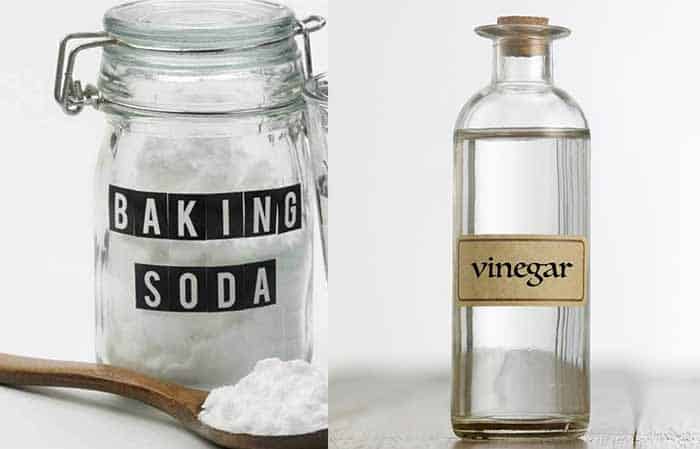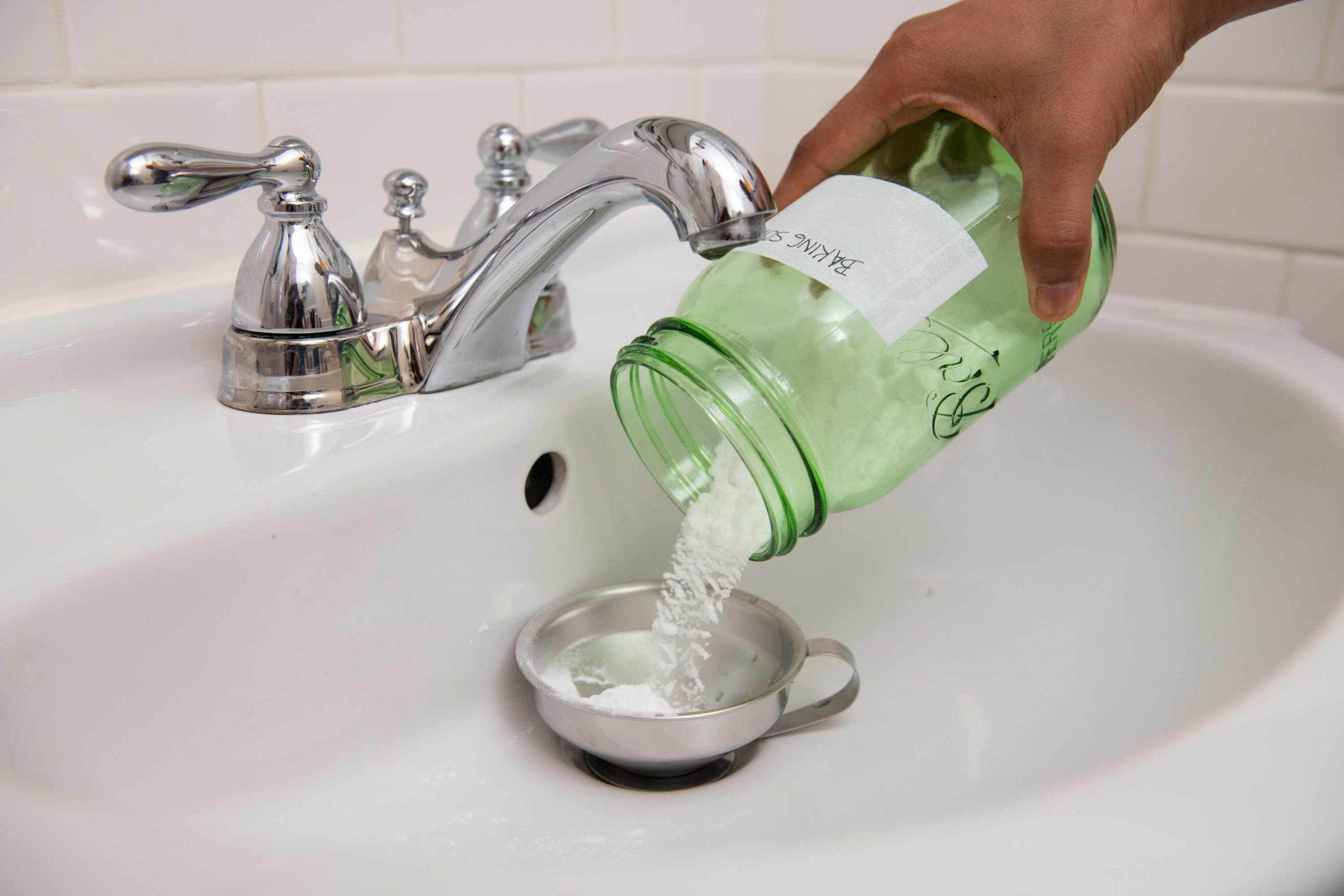One of the best ways to deep clean a kitchen sink is by using a mixture of baking soda and vinegar. These two ingredients work together to create a powerful cleaning agent that can easily remove stains, grime, and buildup from your sink. Simply sprinkle some baking soda onto the surface of your sink, then spray it with vinegar. Let it sit for a few minutes before scrubbing it with a sponge or cloth. Rinse with water and dry with a towel for a sparkling clean sink.1. Use baking soda and vinegar to scrub the sink
When it comes to deep cleaning a kitchen sink, it's important to pay attention to the hard-to-reach areas that often get overlooked. A toothbrush can be a handy tool for this task, as its small bristles can easily reach into crevices and corners. Use a mixture of dish soap and water to scrub these areas, then rinse and dry thoroughly to prevent any buildup.2. Use a toothbrush to clean hard-to-reach areas
For a quick and easy deep clean, consider soaking your kitchen sink in a mixture of hot water and dish soap. This will help break down any grease or grime that has built up over time, making it easier to scrub away. Let the sink soak for 15-20 minutes, then use a sponge or cloth to wipe away any residue. Rinse with clean water and dry with a towel.3. Soak the sink in a mixture of hot water and dish soap
If your kitchen sink has stubborn stains that won't come off with regular cleaning, try using a magic eraser. These versatile cleaning tools are great for removing tough marks and stains without harsh chemicals. Wet the magic eraser and gently scrub the stained areas, then rinse with water and dry with a towel.4. Use a magic eraser to remove tough stains
If your sink has rust stains, you can easily remove them with a mixture of lemon juice and salt. The acid in the lemon juice helps to break down the rust, while the salt acts as a gentle abrasive. Mix equal parts lemon juice and salt to create a paste, then apply it to the stained areas. Let it sit for a few minutes before scrubbing with a sponge or cloth. Rinse with water and dry with a towel.5. Use a mixture of lemon juice and salt to remove rust stains
For tough stains that won't budge, try using a mixture of hydrogen peroxide and baking soda. These two ingredients work together to create a powerful stain-fighting solution. Make a paste with equal parts hydrogen peroxide and baking soda, then apply it to the stained areas. Let it sit for 10-15 minutes before scrubbing with a sponge or cloth. Rinse with water and dry with a towel.6. Use a mixture of hydrogen peroxide and baking soda to remove stubborn stains
To make sure your kitchen sink is not only clean but also free of bacteria and germs, use a mixture of vinegar and water to disinfect it. Vinegar is a natural disinfectant that can kill germs and bacteria, making it a safe and effective cleaning solution. Mix equal parts white vinegar and water in a spray bottle and use it to spray down your sink. Let it sit for a few minutes before wiping it down with a sponge or cloth. Rinse with water and dry with a towel.7. Use a mixture of vinegar and water to disinfect the sink
To give your kitchen sink a shiny, polished look, use a toothpaste and baking soda paste. Toothpaste contains mild abrasives that can help remove any leftover residue or stains, while baking soda acts as a gentle exfoliant. Mix equal parts toothpaste and baking soda to create a paste, then use a sponge or cloth to rub it onto the surface of your sink. Rinse with water and dry with a towel for a sparkling clean and polished finish.8. Use a toothpaste and baking soda paste to polish the sink
If your kitchen sink has a lingering odor, you can easily get rid of it with a mixture of lemon juice and baking soda. Lemon juice has natural deodorizing properties, while baking soda helps to absorb any unpleasant smells. Mix equal parts lemon juice and baking soda to create a paste, then apply it to your sink and let it sit for 10-15 minutes. Scrub with a sponge or cloth, then rinse and dry thoroughly.9. Use a mixture of lemon juice and baking soda to remove odors
Lastly, if your kitchen sink's drain is clogged, there's no need to reach for harsh chemicals. Instead, try using a mixture of vinegar and baking soda to clear the clog. Pour ½ cup of baking soda down the drain, followed by ½ cup of vinegar. Let it sit for 10-15 minutes, then pour boiling water down the drain to flush out any leftover buildup. Repeat if necessary. In conclusion, deep cleaning a kitchen sink doesn't have to be a daunting task. With these simple and effective methods, you can easily remove stains, grime, and odors from your sink and keep it looking sparkling clean. Remember to regularly clean and disinfect your sink to maintain its cleanliness and prevent buildup. With a little bit of effort, you can have a beautifully clean and fresh kitchen sink that will make your cooking and cleaning tasks a breeze.10. Use a mixture of vinegar and baking soda to unclog the drain
Why Deep Cleaning Your Kitchen Sink is Important for a Clean and Functional Kitchen
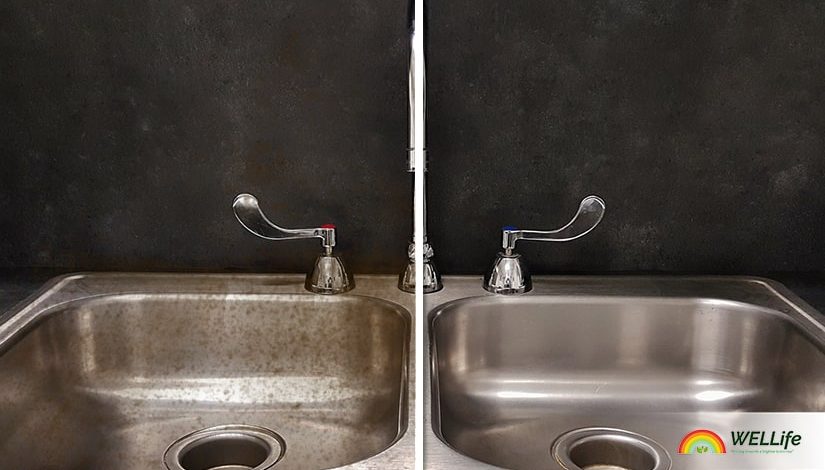
Understanding the Importance of a Clean Kitchen Sink
 When it comes to kitchen cleaning, the sink is often overlooked. However, the sink is one of the most frequently used areas in the kitchen and can easily become a breeding ground for bacteria and germs. Not only does a dirty sink look unsightly, but it can also affect the overall cleanliness and functionality of your kitchen. This is why deep cleaning your kitchen sink on a regular basis is crucial for maintaining a clean and healthy kitchen.
Featured Keywords: Deep Cleaning, Kitchen Sink, Clean, Functional, Kitchen, Bacteria, Germs, Dirty, Unsightly, Regular Basis, Healthy
When it comes to kitchen cleaning, the sink is often overlooked. However, the sink is one of the most frequently used areas in the kitchen and can easily become a breeding ground for bacteria and germs. Not only does a dirty sink look unsightly, but it can also affect the overall cleanliness and functionality of your kitchen. This is why deep cleaning your kitchen sink on a regular basis is crucial for maintaining a clean and healthy kitchen.
Featured Keywords: Deep Cleaning, Kitchen Sink, Clean, Functional, Kitchen, Bacteria, Germs, Dirty, Unsightly, Regular Basis, Healthy
The Benefits of Deep Cleaning Your Kitchen Sink
 Related Keywords: Sanitization, Hygiene, Maintenance, Longevity, Organization
Deep cleaning your kitchen sink goes beyond simply scrubbing and wiping down the surface. It involves a thorough sanitization of the entire sink area, including the faucet, handles, drain, and surrounding countertops. This not only removes any visible dirt and grime, but it also eliminates harmful bacteria and germs that can contaminate your dishes and kitchen surfaces.
Maintaining a clean kitchen sink also contributes to overall hygiene in your home. As a high-traffic area, the sink can easily become a breeding ground for germs, which can then spread to other areas of your kitchen. By deep cleaning your sink, you are reducing the risk of cross-contamination and promoting a healthier living environment for you and your family.
Regular deep cleaning of your kitchen sink also helps with maintenance and longevity. A clean sink is less likely to develop clogs or corrosion, which can lead to costly repairs or replacements down the line. By keeping your sink clean, you are prolonging its lifespan and saving yourself from potential headaches in the future.
In addition, deep cleaning your kitchen sink also contributes to the overall organization of your kitchen. A cluttered and dirty sink can make it difficult to find and use necessary utensils and dishes, leading to a more chaotic and less efficient cooking experience. By keeping your sink clean and free of clutter, you are promoting a more organized and functional kitchen space.
In conclusion, deep cleaning your kitchen sink is a crucial step in maintaining a clean, functional, and healthy kitchen. By understanding the importance of a clean sink and the benefits of regular deep cleaning, you can ensure that your kitchen remains a clean and enjoyable space for all your cooking and cleaning needs.
Related Keywords: Sanitization, Hygiene, Maintenance, Longevity, Organization
Deep cleaning your kitchen sink goes beyond simply scrubbing and wiping down the surface. It involves a thorough sanitization of the entire sink area, including the faucet, handles, drain, and surrounding countertops. This not only removes any visible dirt and grime, but it also eliminates harmful bacteria and germs that can contaminate your dishes and kitchen surfaces.
Maintaining a clean kitchen sink also contributes to overall hygiene in your home. As a high-traffic area, the sink can easily become a breeding ground for germs, which can then spread to other areas of your kitchen. By deep cleaning your sink, you are reducing the risk of cross-contamination and promoting a healthier living environment for you and your family.
Regular deep cleaning of your kitchen sink also helps with maintenance and longevity. A clean sink is less likely to develop clogs or corrosion, which can lead to costly repairs or replacements down the line. By keeping your sink clean, you are prolonging its lifespan and saving yourself from potential headaches in the future.
In addition, deep cleaning your kitchen sink also contributes to the overall organization of your kitchen. A cluttered and dirty sink can make it difficult to find and use necessary utensils and dishes, leading to a more chaotic and less efficient cooking experience. By keeping your sink clean and free of clutter, you are promoting a more organized and functional kitchen space.
In conclusion, deep cleaning your kitchen sink is a crucial step in maintaining a clean, functional, and healthy kitchen. By understanding the importance of a clean sink and the benefits of regular deep cleaning, you can ensure that your kitchen remains a clean and enjoyable space for all your cooking and cleaning needs.



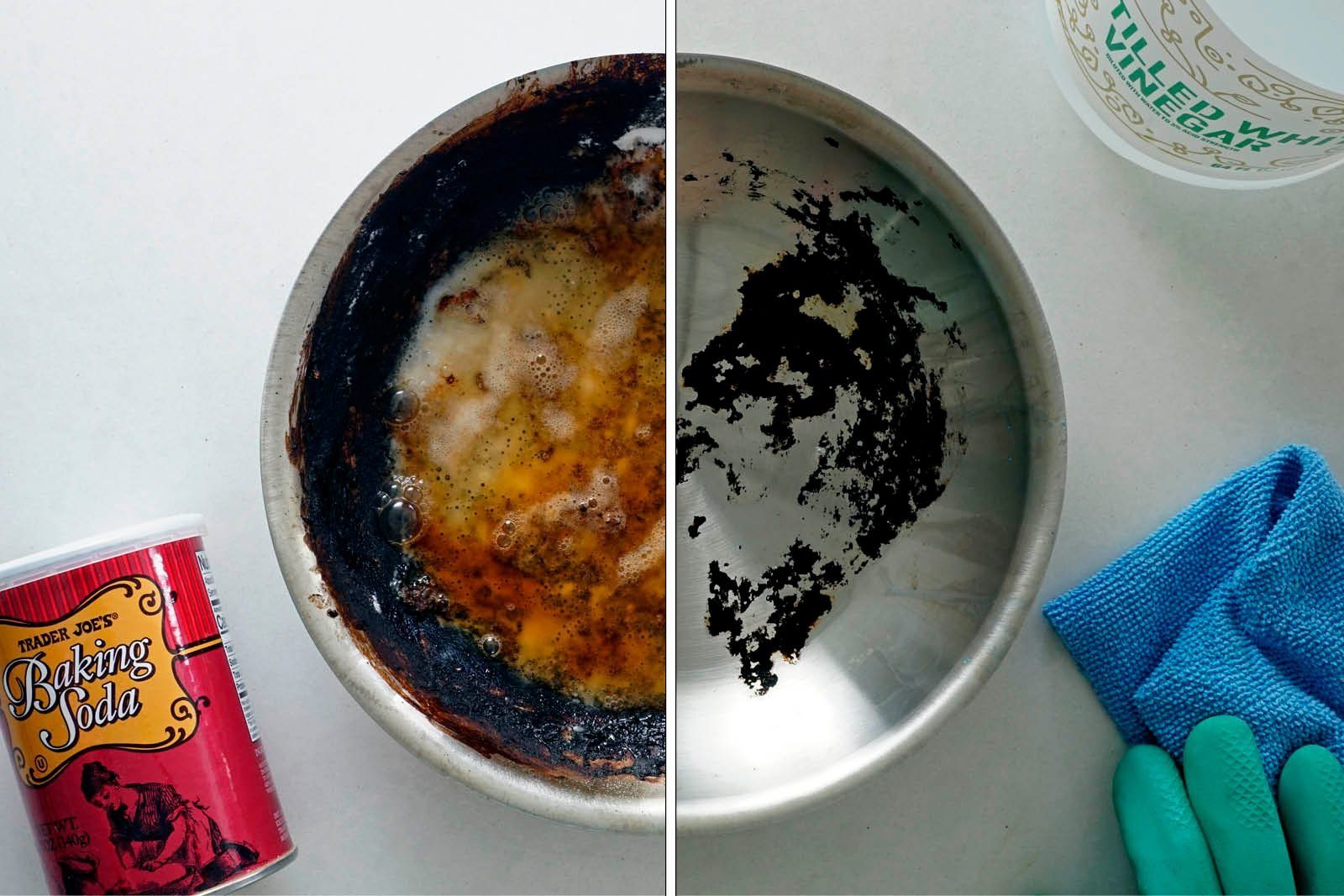


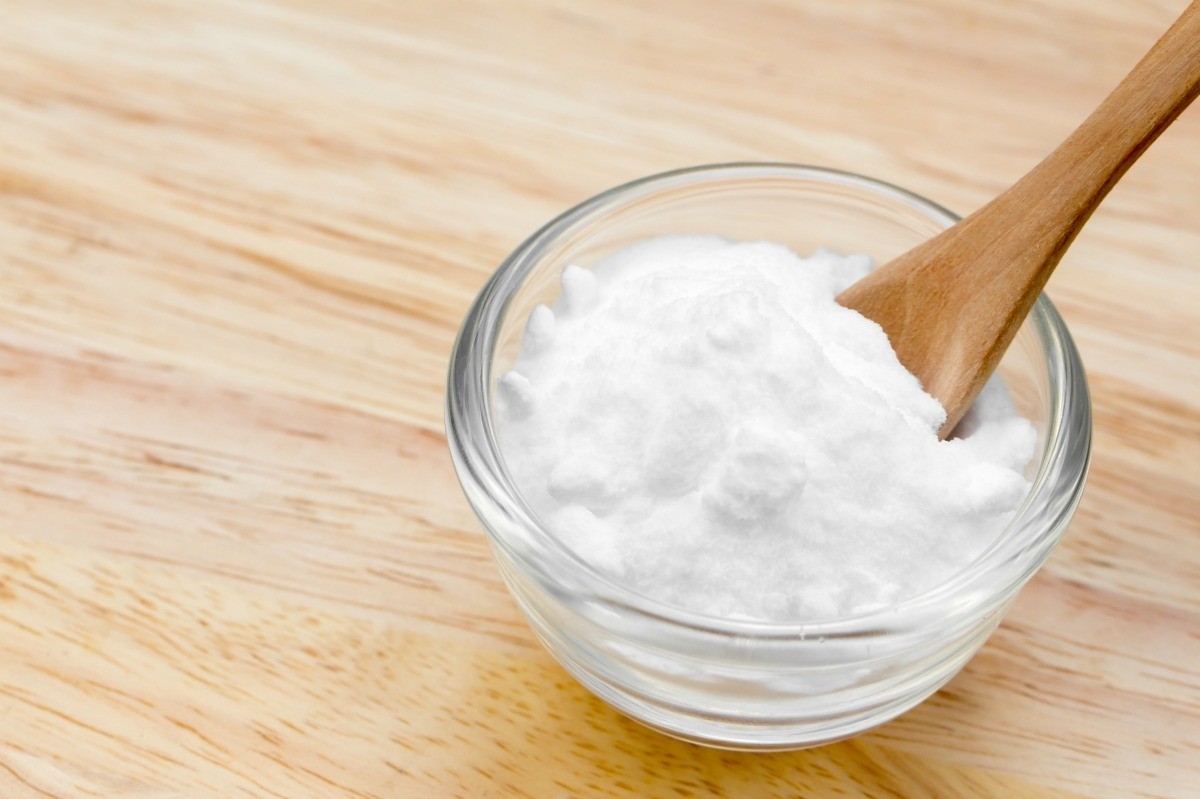

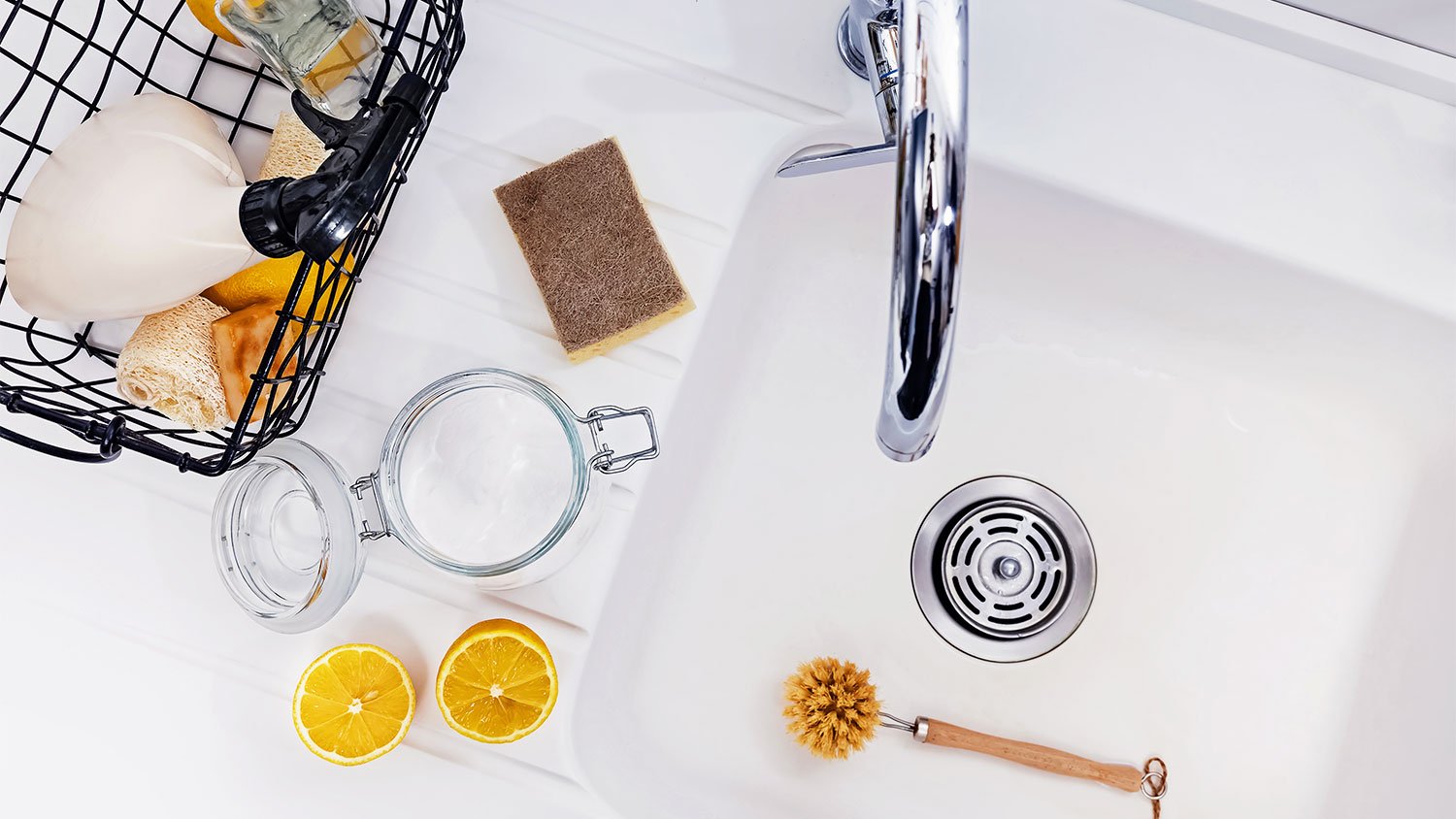






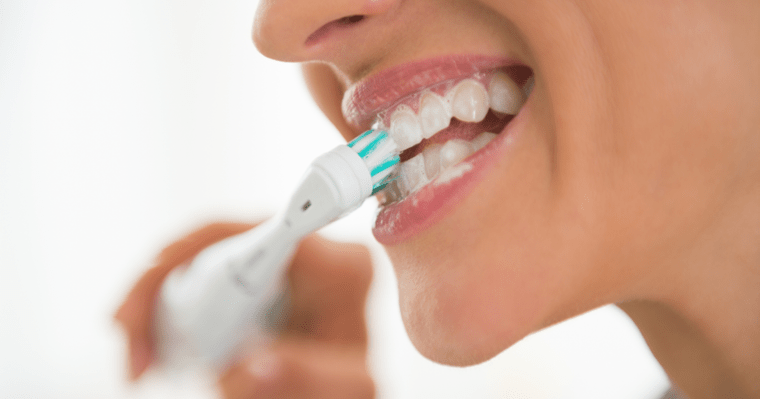







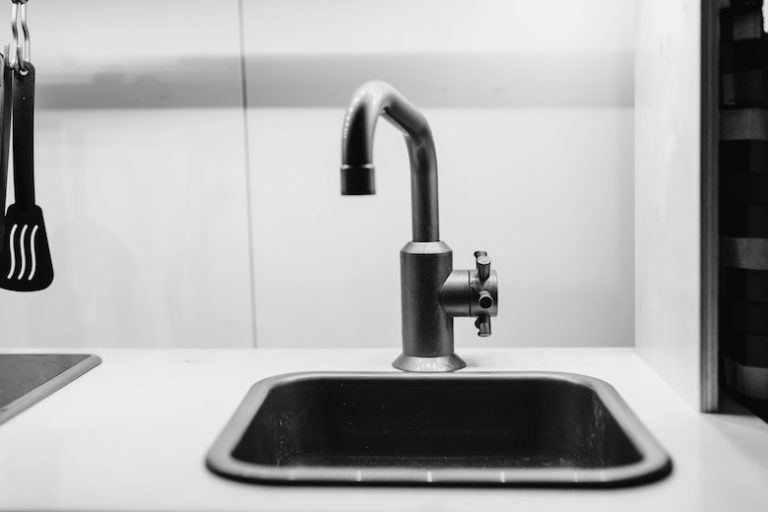



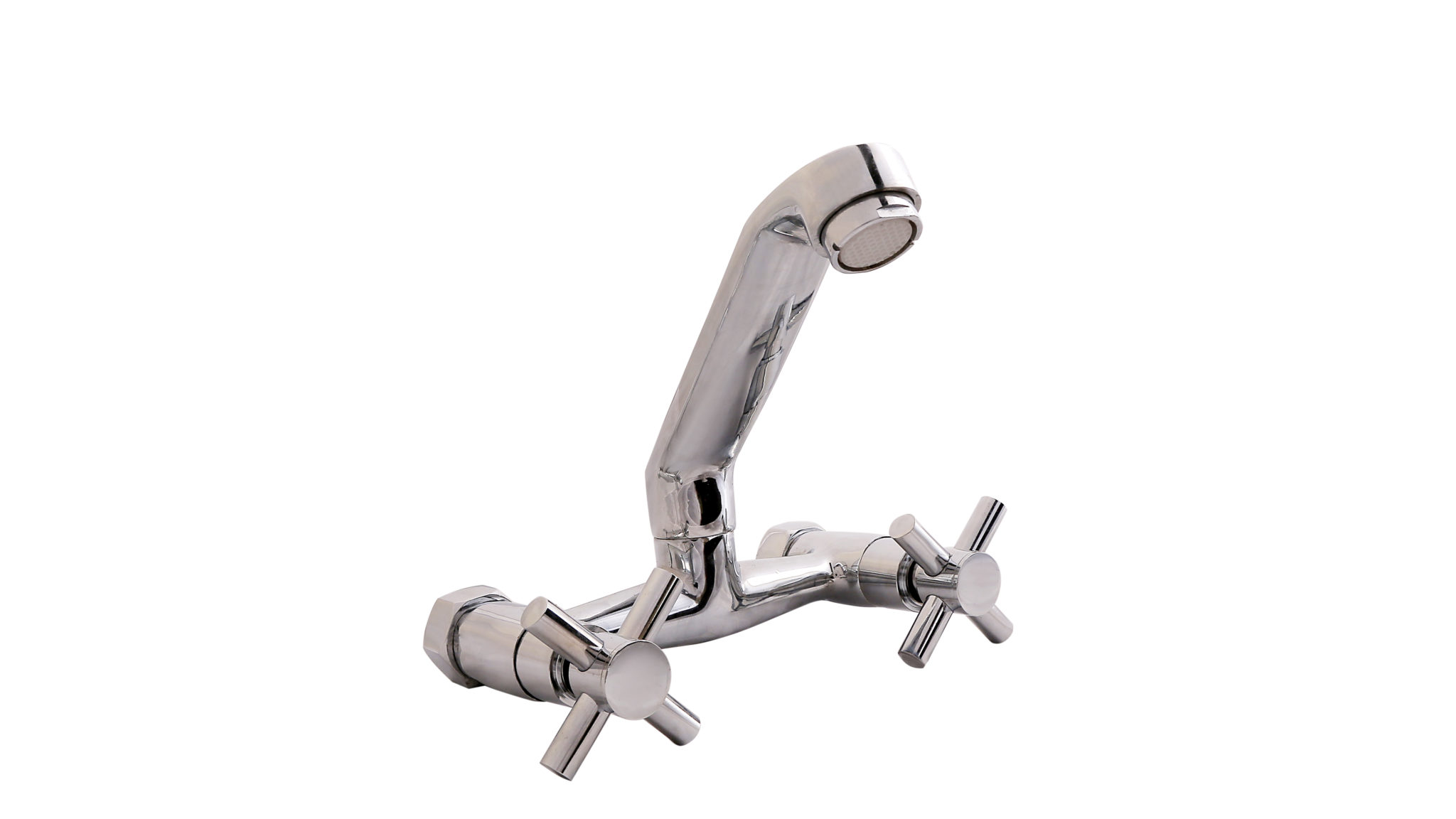

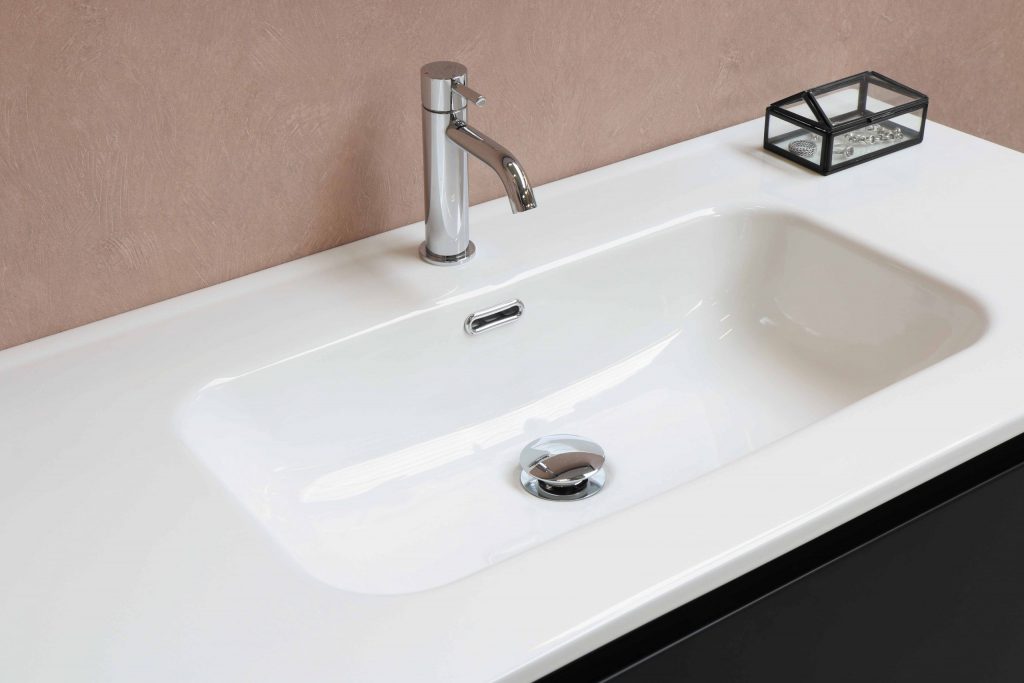
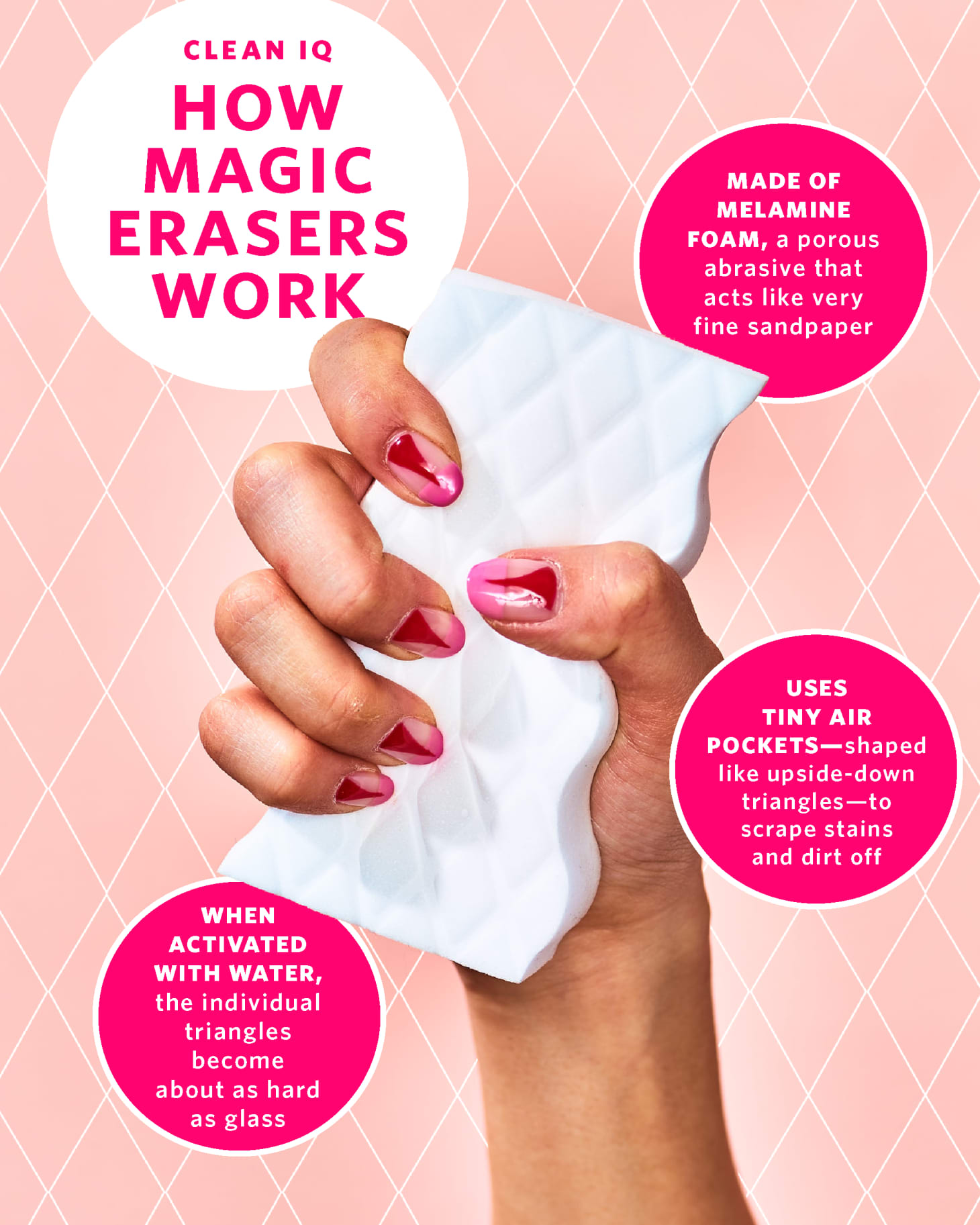






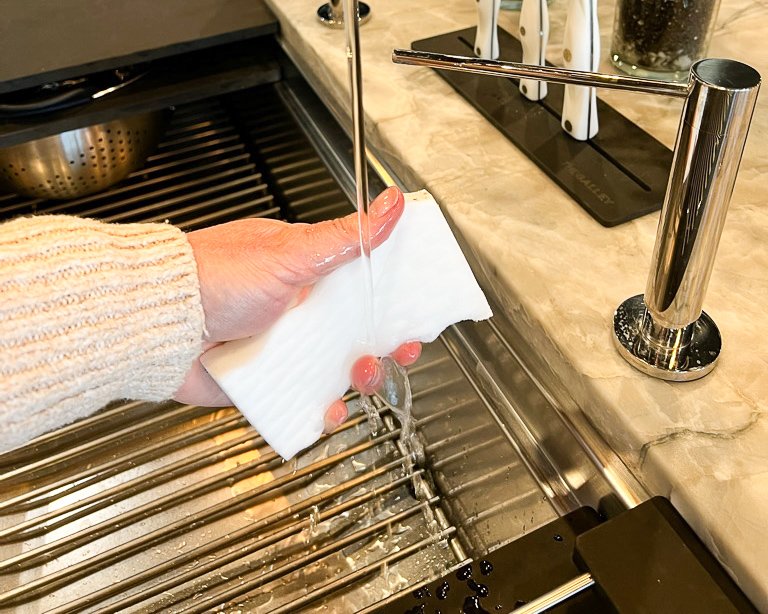



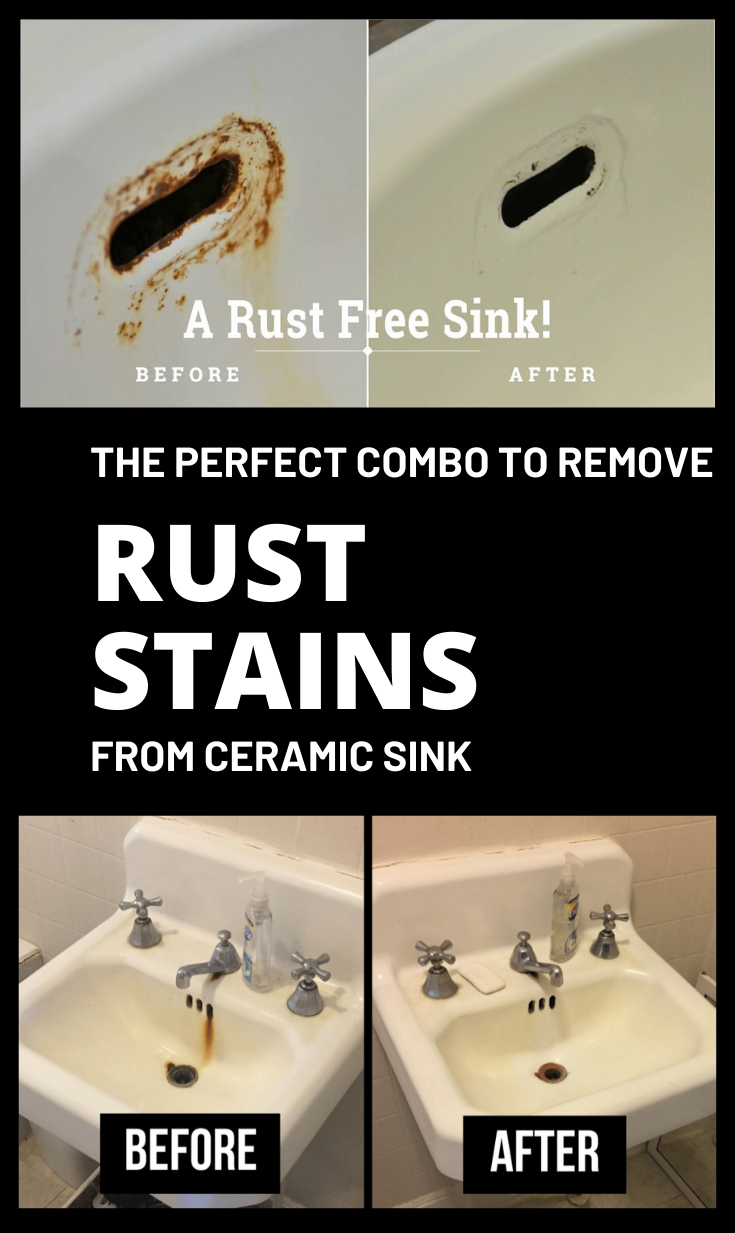

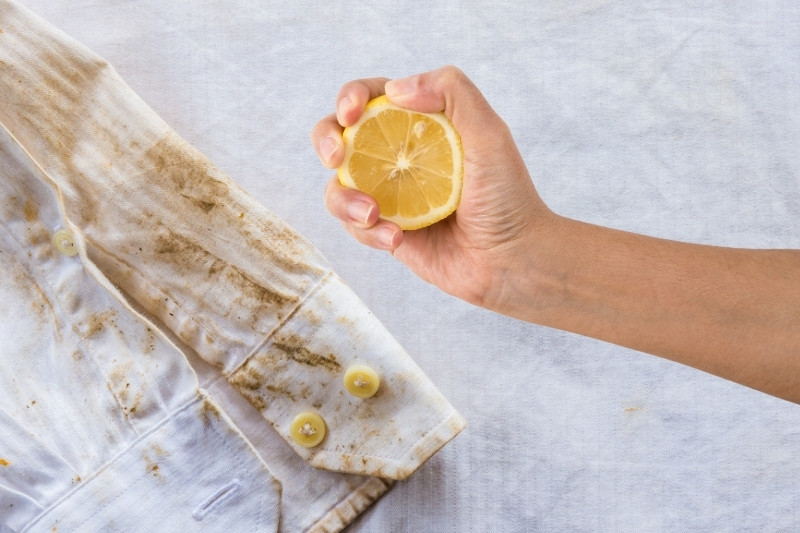

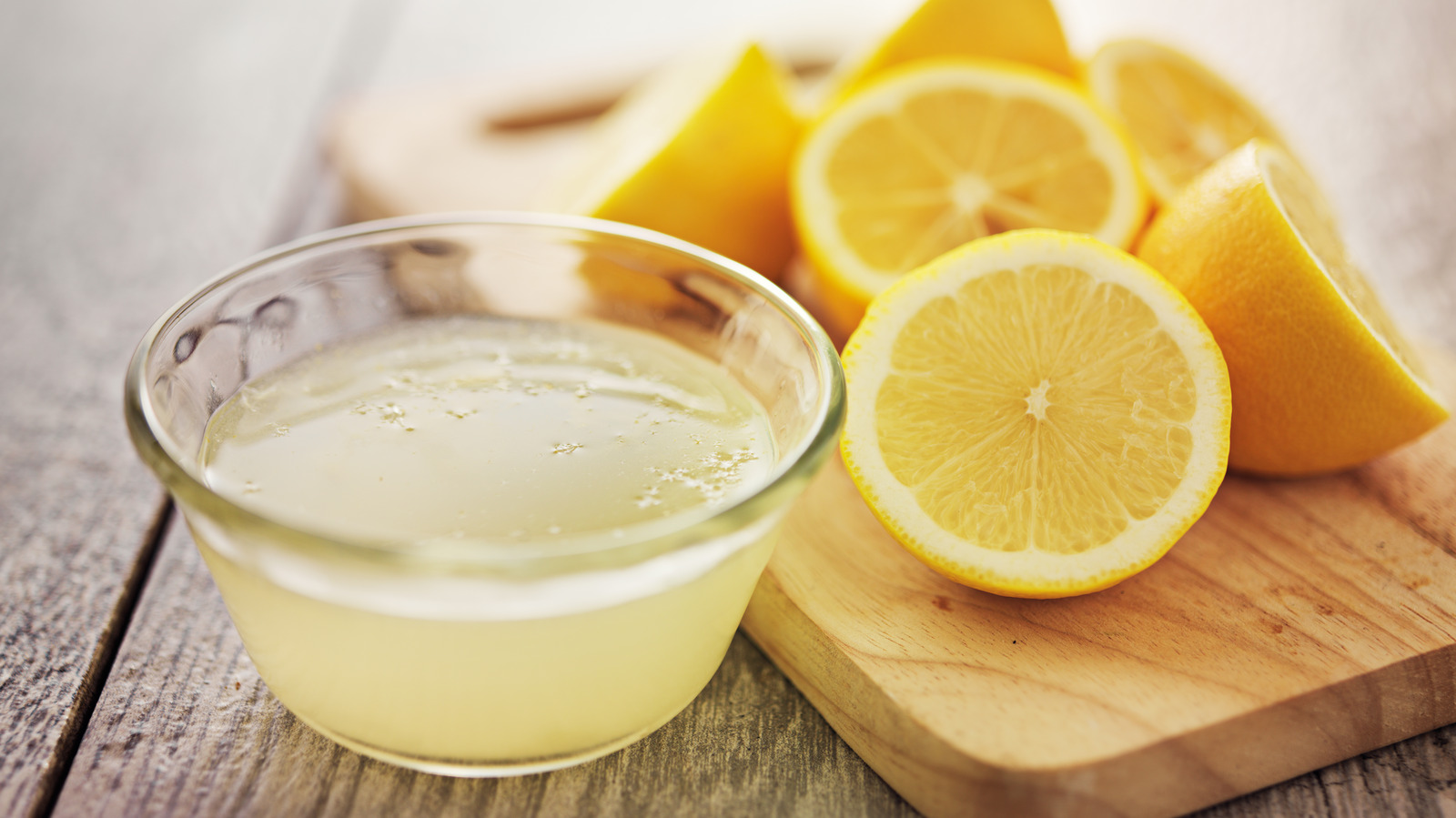
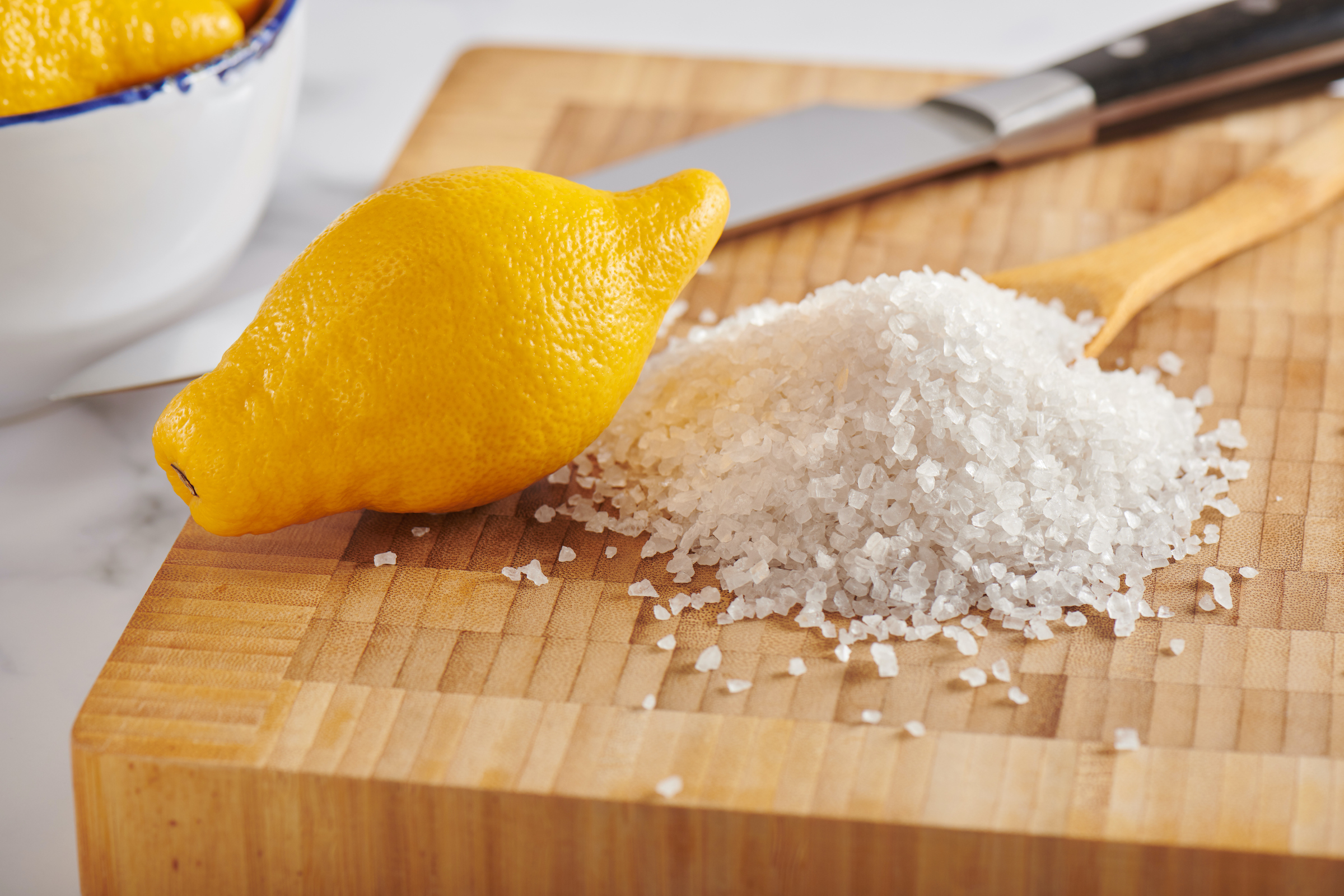
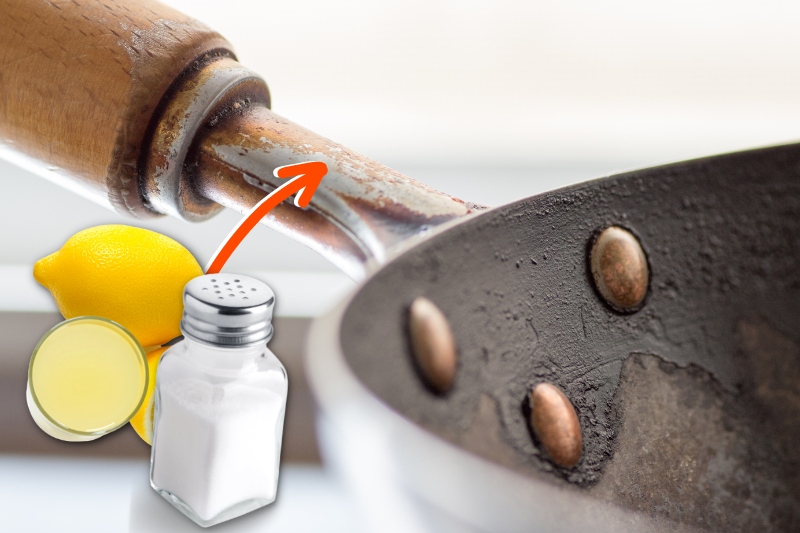

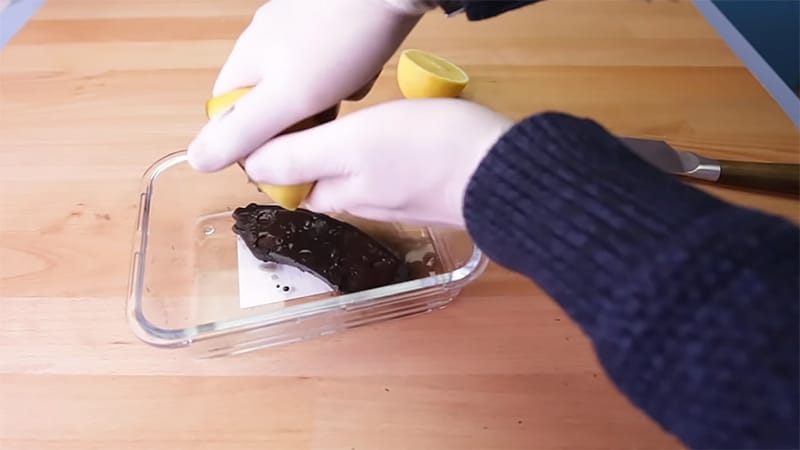



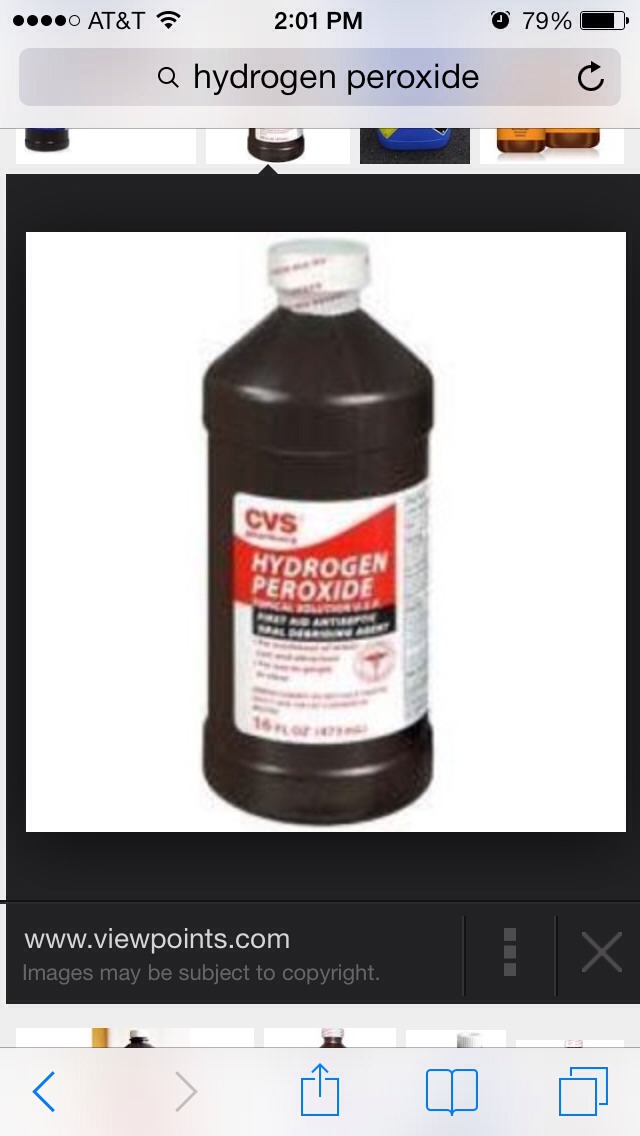

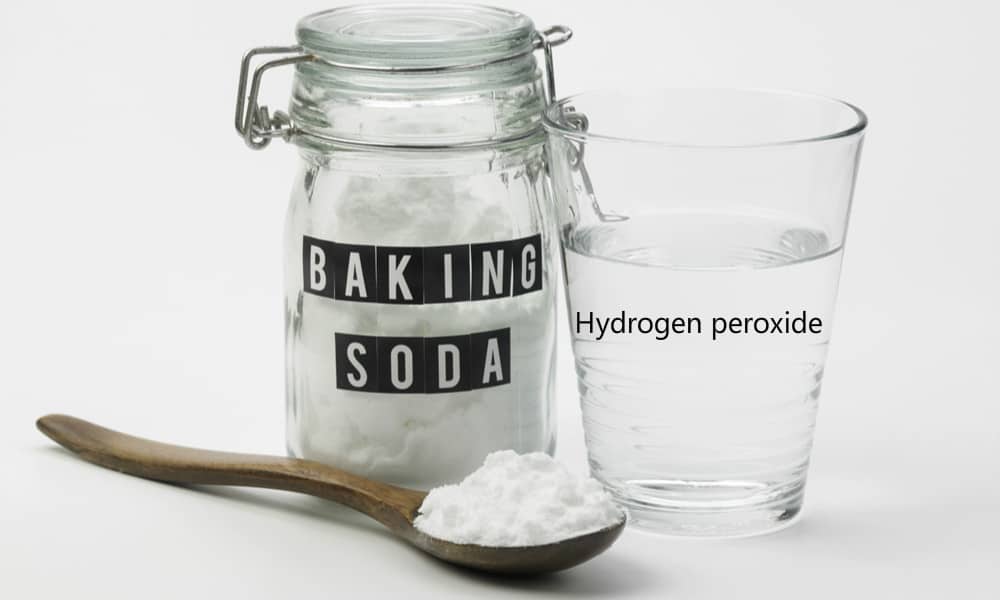

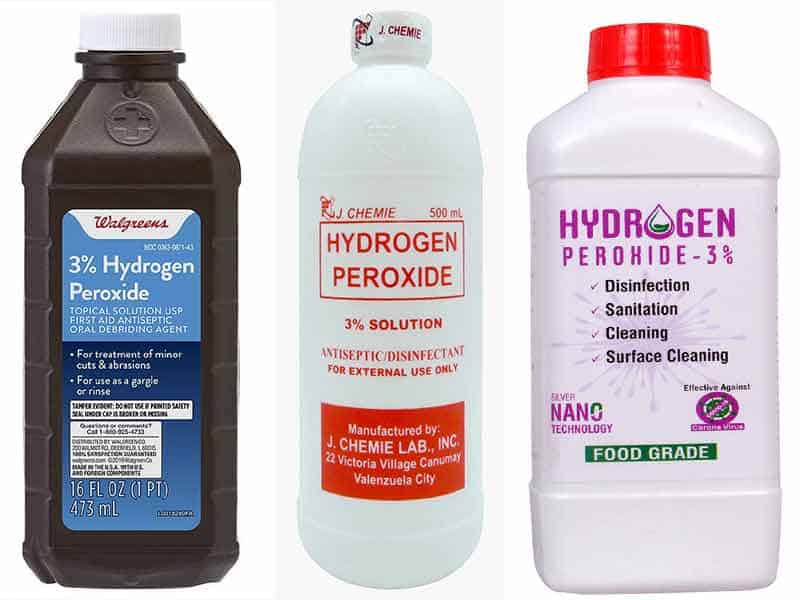

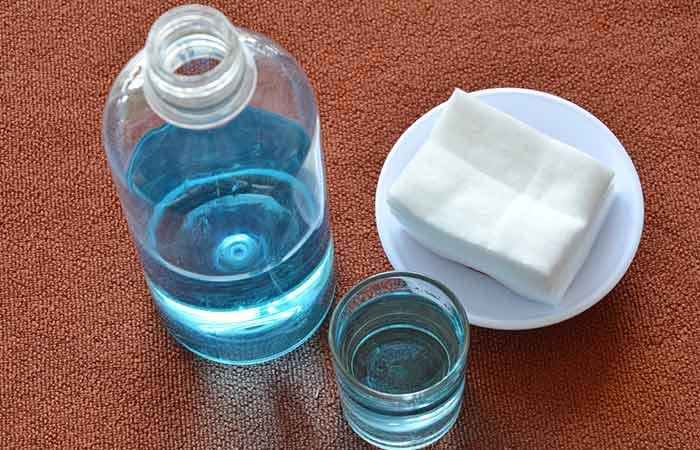


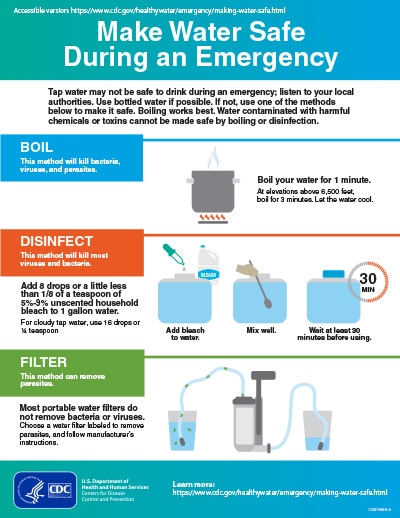
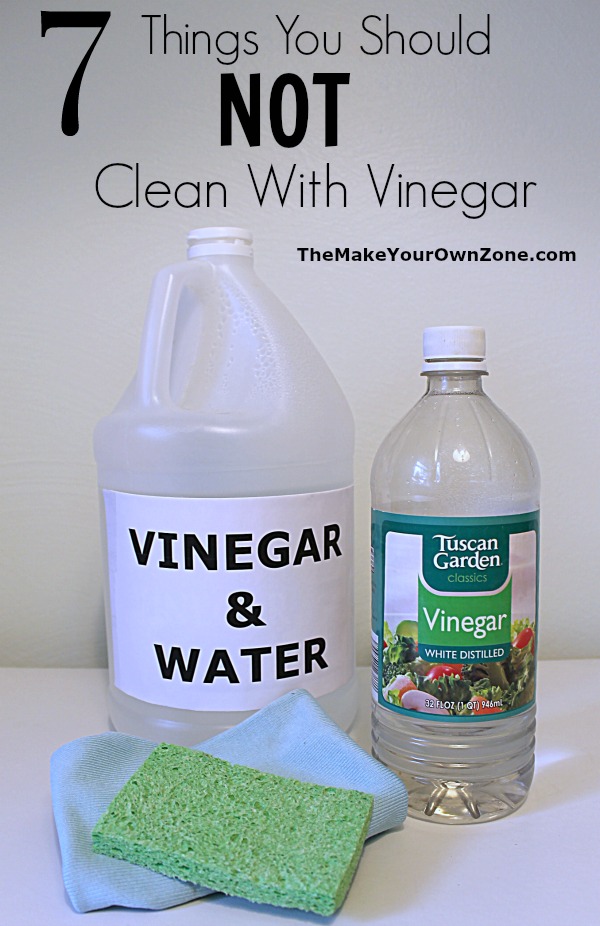




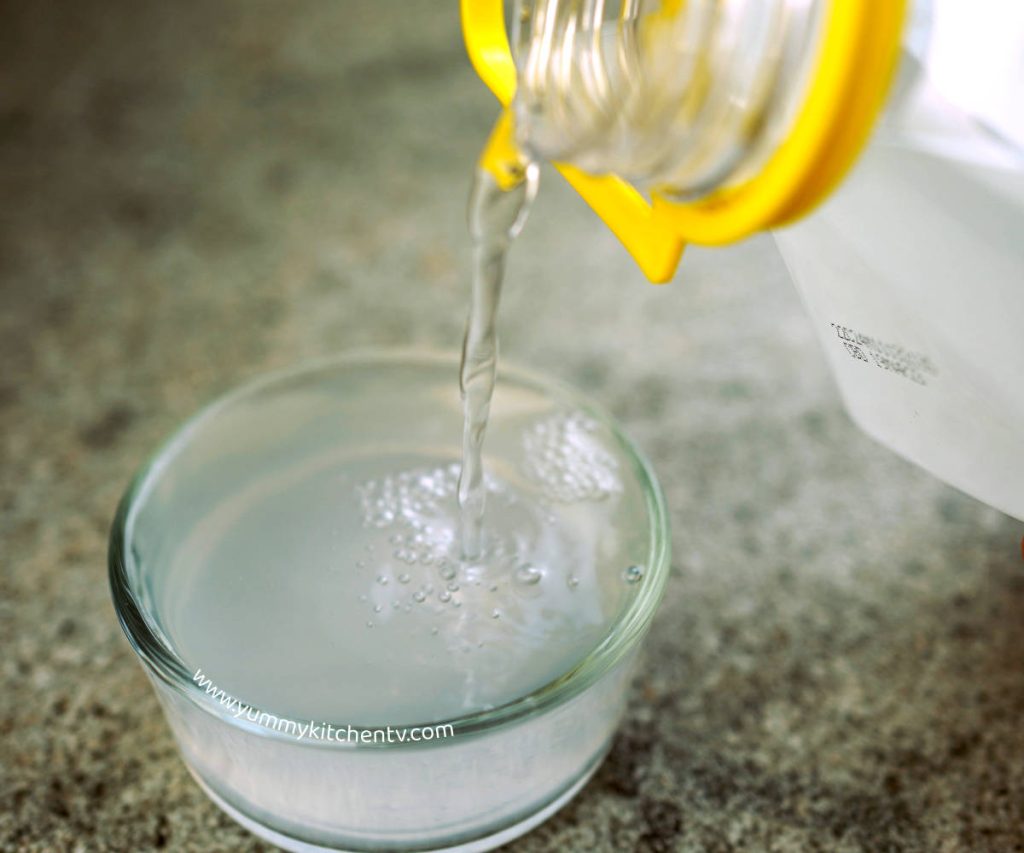
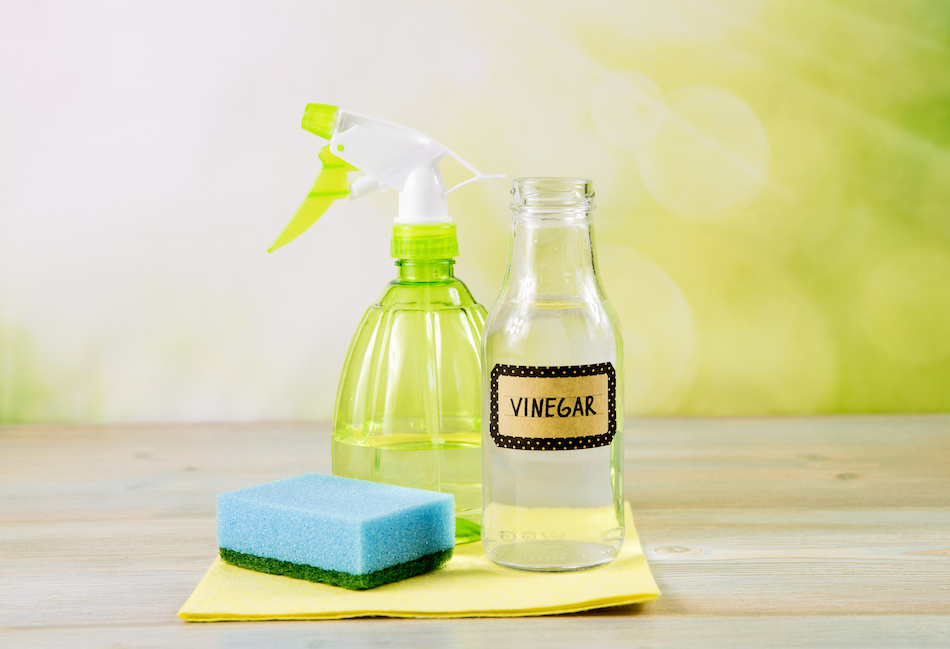


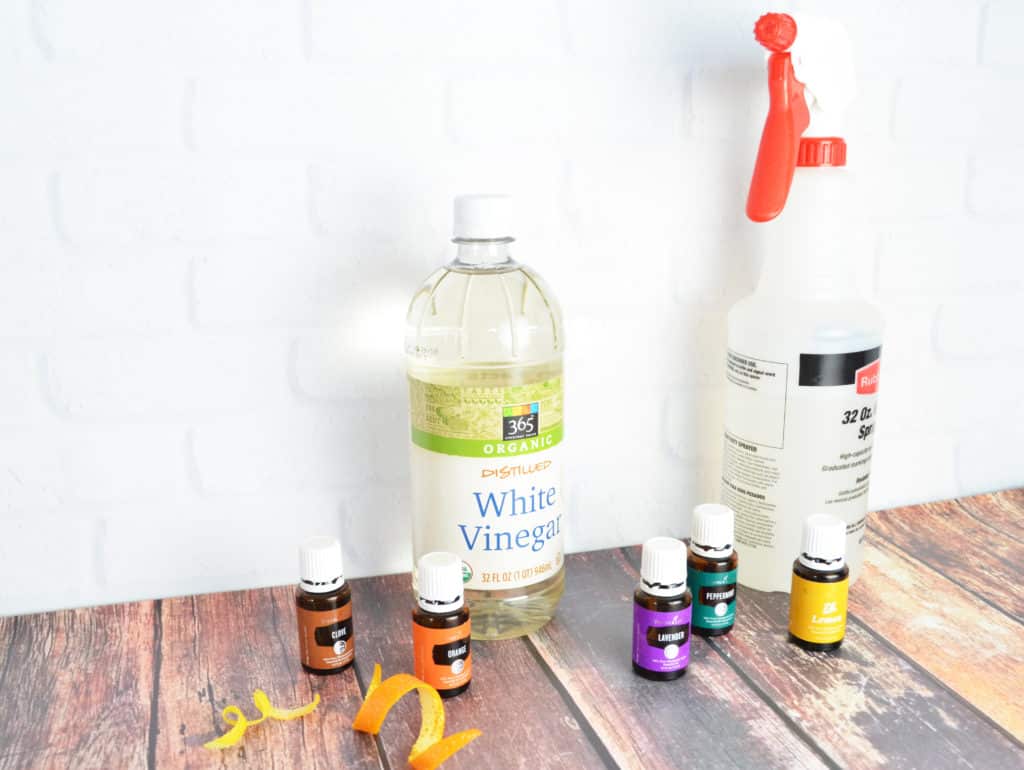




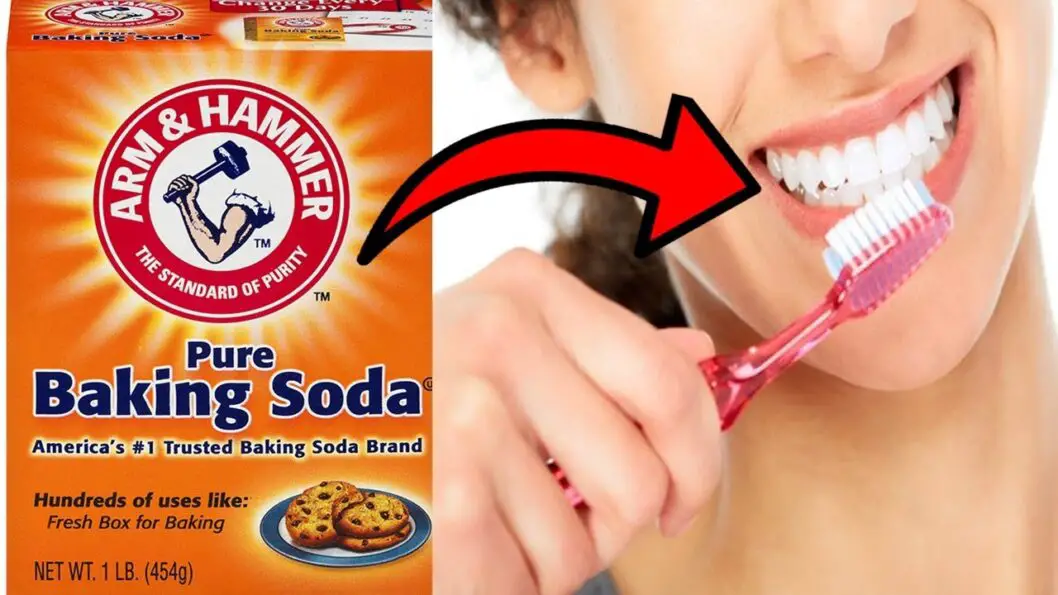

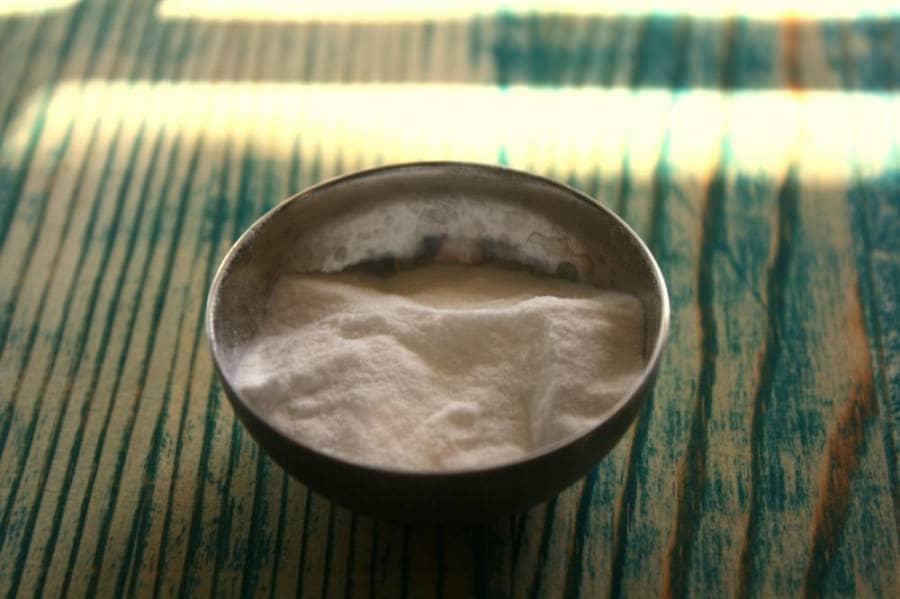
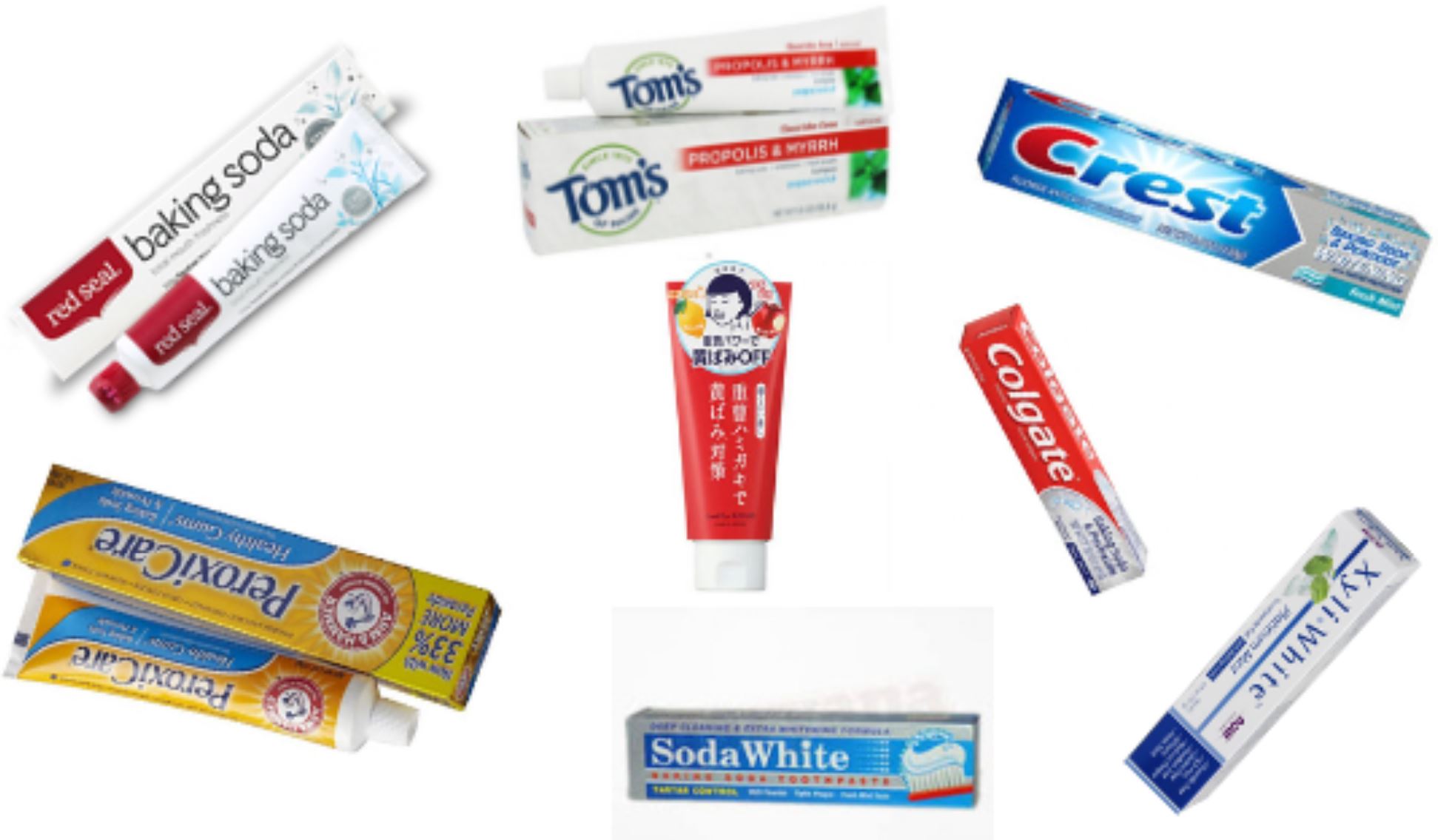
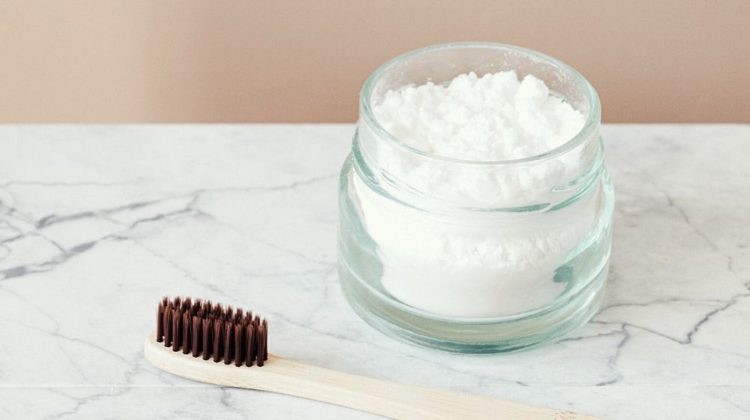
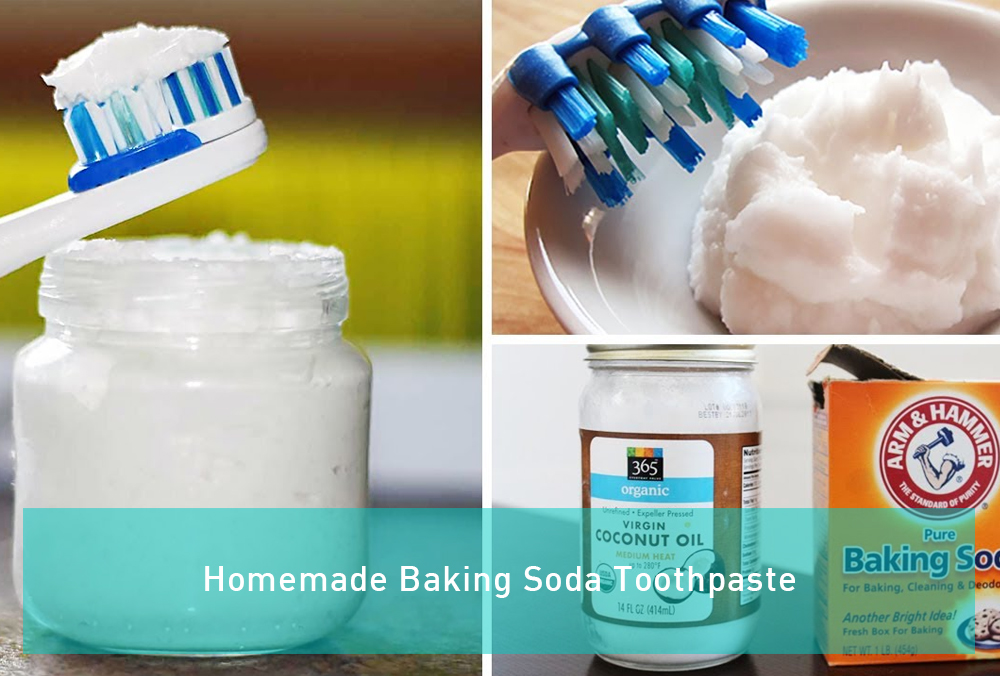





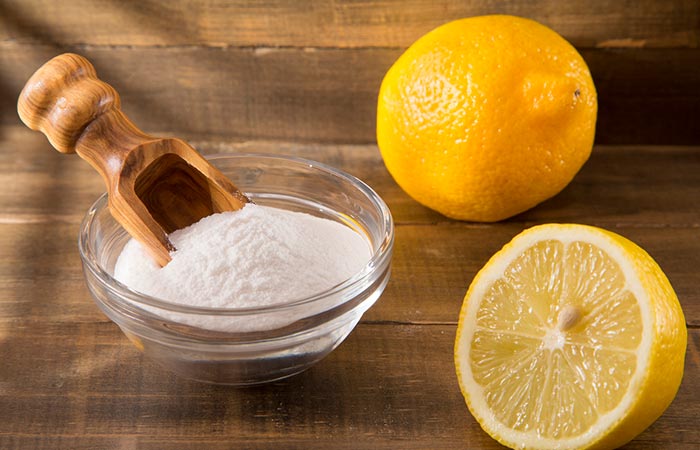
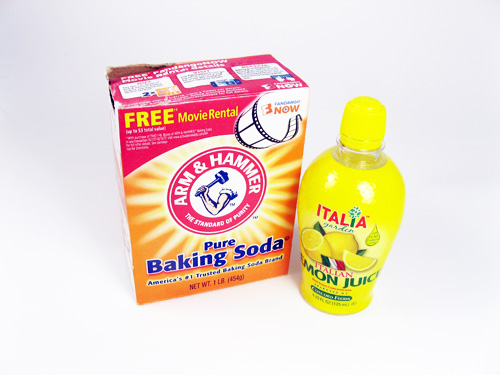



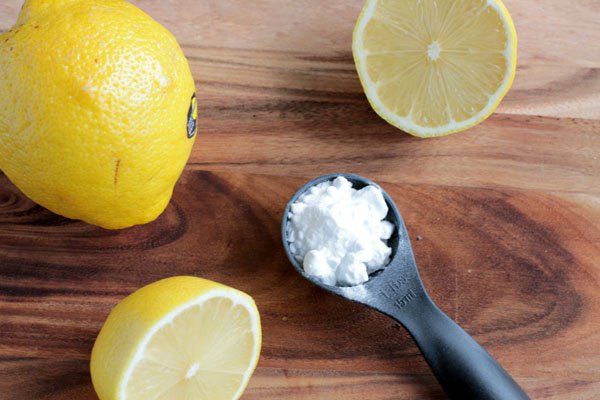




:max_bytes(150000):strip_icc()/freshen-and-unclog-drain-with-baking-soda-1900466-18-1a5b5da01939471ca8f8823865bd1ce8.jpg)
:max_bytes(150000):strip_icc()/freshen-and-unclog-drain-with-baking-soda-1900466-22-bbf940b70afa4d5abef0c54da23b1d3f.jpg)
